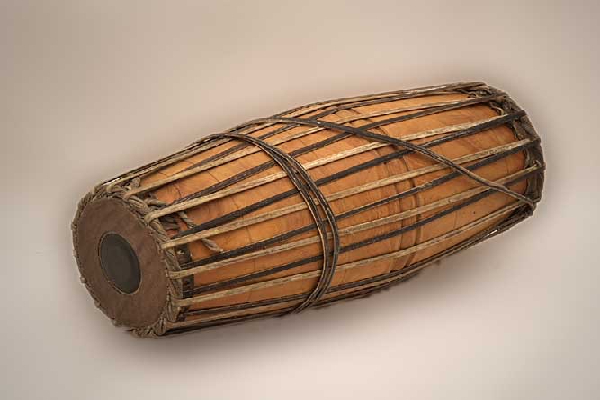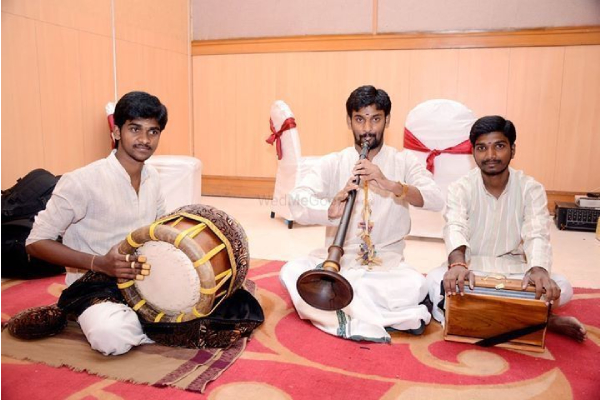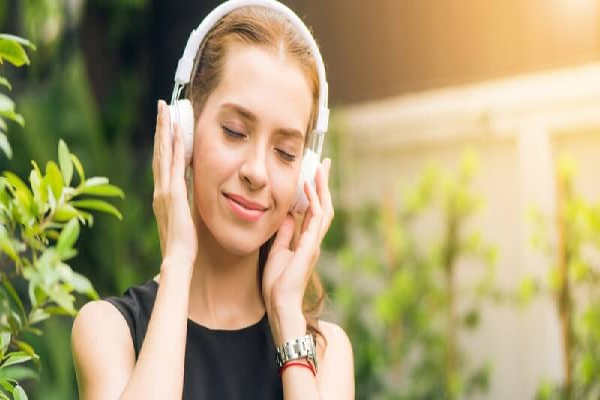First and foremost :
Dhrupad is the oldest part of The Indian Classical music still heard today, dating back to vedic hymns. The Gandharva Veda, which deals with scientific knowledge of music, is said to have been the source of this type of music.
The sama vedas were chanted with melodic instruments; over time, they evolved into other vocal styles known as ‘Chhanda’ and ‘Prabandha,’ which are distinguished by verse and meter, respectively. Dhrupad was born as a result of this fusion.
Dhupdads are the best because no special equipment or training is required! All that is required is to listen.
1. What exactly is dhrupad?
Hindustani Dhrupad music is indeed an old style of vocal genres from India that dates back several centuries. Initially, it belonged to the Haveli Sangeet tradition, but later became associated with South Indian Carnatic tradition as well.
2.Dhrupad’s Background:
Dhrupad seems to be the earliest part of Classical music dating back to vedic hymns. This type of music is said to have originated in the Gandharva Veda, a branch of the Sama-veda that deals of musical science. The sama vedas were chanted with melodic instruments; over time, they evolved into other vocal styles known as ‘Chhanda’ and ‘Prabandha,’ which are distinguished by verse and metre, respectively. Dhrupad was born as a result of this fusion.
The best thing about dhupdads is that no special equipment as well as training is required! All that is required is to listen.
The beginning of Dhrupad as we know today corresponded with Bhakti movement that was popular at the time. The genre became more devotional, and it was performed in shrines facing the divinity with fervour and bhaav (love).
This is what made Haveli Dhrupad famous for its style.
This evolved into an advanced classical style of entertainment that was patronised by royal courts in the 1500s. Being a musician himself, Raja Man Singh (King of Gwalior) gave Dhrupad enormous motivation and introduced many refinements. Darbari Dhrupad is the name given to this style.
The Dhrupad is said to have been passed down through generations for centuries. Sanskrit was originally used for such compositions, but they were later primarily written in Hindi (Brij Bhasha).The original language of such compositions was Sanskrit, but they were later primarily written in Brij Bhasha (a dialect of Hindi). According to musicologists, this immaculate form can be heard at both concerts and temples, with two distinct styles: Haveli and Darbari.
3.Dhrupad Playing Instructions
Dhrupad is a monophonic and modal form of classical Indian vocal music. Ragas are the modes, and each one has its very own difficult melodic structure with no harmonies. It can be performed by a single singer or a tiny number singing throughout unison to the beat of drums such as mridangams and pakhawajs, and is sometimes accompanied by sitar players; it includes devotional songs usually praising Hindu deities.
4. Dhrupad Instrumentation
This beautiful and elegant classical music is accompanied by the invigorating sound of a tabla and tanpura. Singers can sing beautifully along with their accompanying instruments while playing the ektara or sitar-like stringed instrument with an earthy tone, thanks to its accurate pitch.






